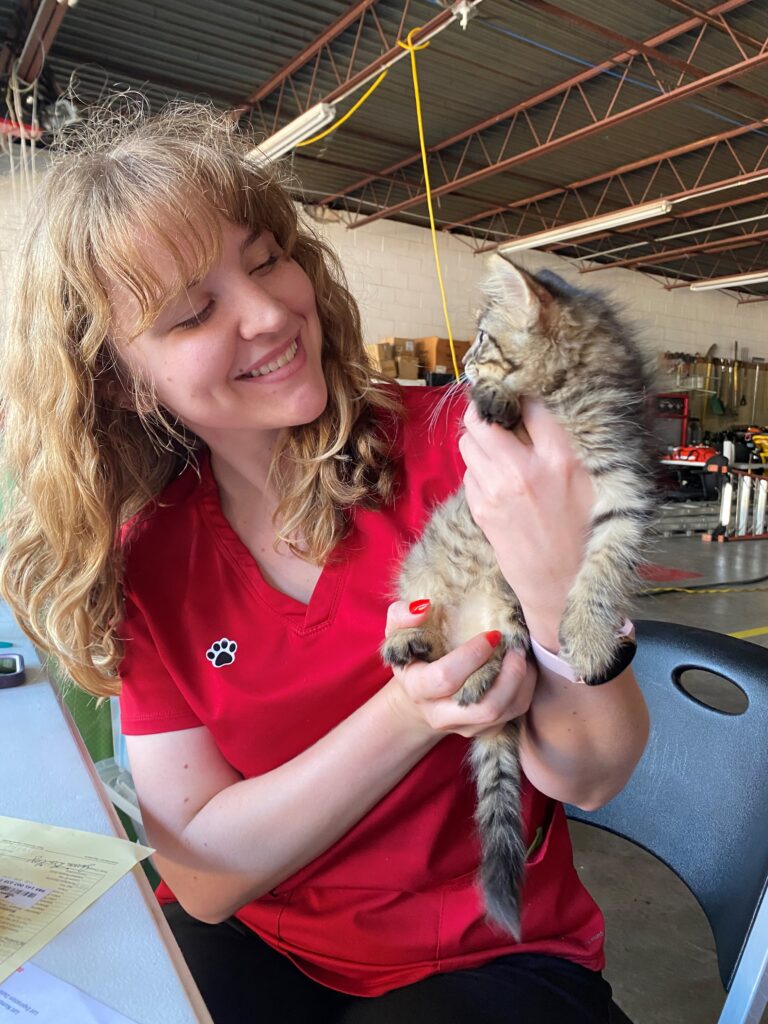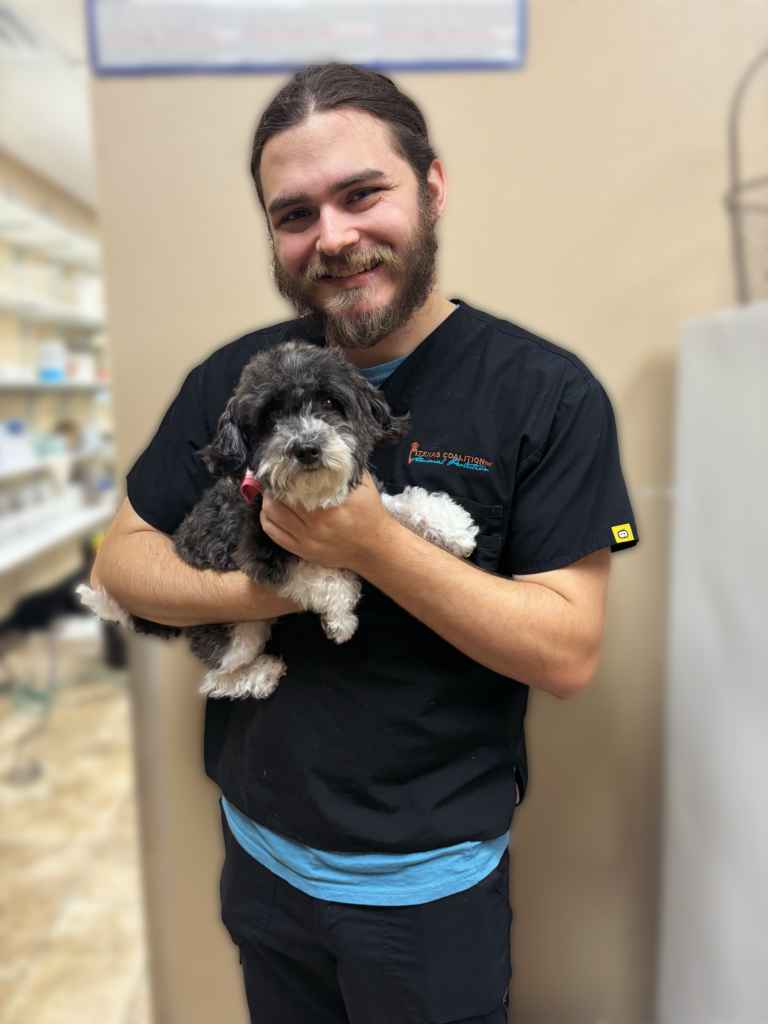Every year, thousands of pets suffer from preventable diseases that could have been avoided with proper vaccination. Diseases such as rabies, parvovirus, and feline leukemia are not only life-threatening but also cause significant suffering and emotional strain for pet owners. Fortunately, vaccines have revolutionized pet health by providing a simple and effective way to shield pets from these dangers.
Vaccinations are one of the most essential components of responsible pet ownership. They protect pets from a range of infectious diseases, improve their overall quality of life, and even contribute to public health. By understanding the importance of vaccinations, pet owners can take proactive steps to ensure their furry companions remain healthy and safe. Vaccinating your pet is not just an act of care for your animal; it is a step toward a healthier community for all.

1. What Are Pet Vaccinations?
Vaccinations are medical treatments that stimulate an animal’s immune system to protect against specific infectious diseases. They work by introducing a harmless form of a pathogen—either dead, weakened, or a fragment of it—into the body. This triggers the immune system to recognize and prepare defenses against the actual disease if the pet is ever exposed to it.
There are two main categories of vaccines for pets: core vaccines and non-core vaccines. Core vaccines are essential for all pets and protect against the most severe and widespread diseases, such as rabies, distemper, and parvovirus in dogs, and panleukopenia and feline leukemia in cats. Non-core vaccines are optional and recommended based on a pet’s lifestyle or geographic risk factors, such as bordetella for dogs in social settings or Lyme disease for pets in tick-prone areas.
Veterinarians usually develop a vaccination schedule tailored to each pet’s needs. Puppies and kittens typically begin their vaccinations at six to eight weeks of age, with boosters given at regular intervals. Adult pets require periodic boosters to maintain immunity, ensuring lifelong protection. By sticking to a recommended vaccination schedule, pet owners provide the best defense against preventable diseases.
2. Health Benefits of Vaccination for Pets
The most obvious benefit of vaccination is disease prevention. Vaccines protect pets from many life-threatening illnesses, such as canine parvovirus, which causes severe gastrointestinal distress, and feline calicivirus, which can lead to chronic respiratory issues. These diseases can be extremely painful for pets and require costly, intensive medical treatment. Vaccinating your pet ensures they are shielded from these preventable conditions, sparing them from unnecessary suffering.
Vaccinated pets also tend to live longer and healthier lives. By preventing infections, vaccines help avoid complications that could weaken your pet’s overall health. For instance, diseases like canine distemper can cause permanent neurological damage even in survivors, while rabies is almost always fatal. Vaccines provide an extra layer of protection, helping your pet thrive and maintain a high quality of life.
Additionally, vaccinating your pet helps reduce the spread of contagious diseases among animal populations. In shelters, parks, or multi-pet households, an unvaccinated pet can be a source of infection for others. Vaccines limit these outbreaks, protecting not only individual pets but entire communities of animals.
3. Protecting Public Health
Vaccinating pets doesn’t just protect them—it also safeguards human health. Some diseases, such as rabies, are zoonotic, meaning they can be transmitted from animals to humans. Rabies, in particular, is a severe and often fatal disease that can spread through a single bite. Vaccinating pets against rabies is not only a responsible action but often a legal requirement in many jurisdictions to prevent outbreaks.
Vaccinated pets also contribute to community safety through herd immunity. When the majority of a population—both animals and humans—are immunized against a disease, it reduces the chances of an outbreak. Even pets that cannot be vaccinated due to medical conditions benefit from this community protection, as the likelihood of encountering an infected animal decreases significantly.
Many governments and municipalities mandate certain vaccinations, such as rabies, to protect the public. Ensuring your pet is vaccinated is part of being a responsible pet owner and a good neighbor. Vaccines not only help avoid the spread of disease but also create a safer environment for everyone, including vulnerable populations like children and the elderly.
4. Common Myths and Misconceptions
A common misconception among pet owners is that vaccines are unsafe or unnecessary. In reality, vaccines are rigorously tested for safety and effectiveness before being approved for use. Side effects are rare and usually mild, such as temporary soreness at the injection site or slight lethargy. The benefits of vaccination far outweigh the minimal risks, and skipping vaccines leaves pets vulnerable to serious illnesses.
Another myth is that indoor pets don’t need vaccinations. While it’s true that staying indoors reduces exposure to certain pathogens, indoor pets are not immune to all risks. Diseases like rabies can be contracted from stray animals that enter your yard, while others, like leptospirosis, can spread through contaminated water. Additionally, humans can inadvertently bring germs into the home on their shoes or clothing, making indoor pets susceptible.
Some pet owners believe that vaccines are too expensive, but the long-term cost of treating a preventable disease is often much higher. For example, treating a dog with parvovirus can cost thousands of dollars, while a parvo vaccine is relatively inexpensive. By investing in vaccines, pet owners save money and spare their pets from unnecessary pain and suffering.
5. Financial Considerations and Accessibility
The cost of vaccinating a pet varies depending on the type of vaccine and where it’s administered. Core vaccines, such as rabies or distemper, typically range from $15 to $50 per dose. Non-core vaccines may cost slightly more, depending on the level of specialization. While this may seem like a financial burden, many veterinary clinics offer affordable vaccination packages that bundle essential shots at a discounted rate.
For pet owners facing financial difficulties, there are numerous resources to make vaccinations more accessible. Local animal shelters and nonprofit organizations often provide low-cost or free vaccination clinics. Many municipalities hold community vaccination events to ensure pets in all households receive essential immunizations. Wellness plans at veterinary clinics may also include vaccinations as part of a monthly subscription, spreading out the cost over time.
Choosing not to vaccinate a pet can lead to significant financial consequences. Treating preventable diseases often involves emergency care, extended hospital stays, and medications, all of which add up quickly. Investing in routine vaccinations is not only more cost-effective but also a proactive step in ensuring your pet’s long-term health and well-being.
6. How to Get Started
The first step in vaccinating your pet is consulting with your veterinarian. A veterinarian can assess your pet’s specific needs based on factors such as age, breed, and lifestyle, and create a tailored vaccination schedule. This ensures your pet gets the right vaccines at the right time for optimal protection.
Keeping accurate vaccination records is essential. These records not only help you stay up to date on booster shots but are often required for activities like boarding, grooming, or traveling with your pet. A vaccination certificate for rabies, for instance, is mandatory in many regions and serves as proof of compliance with legal requirements.
Vaccinations are not a one-time task; maintaining immunity over time requires periodic boosters. Scheduling annual wellness visits is an excellent way to ensure your pet remains protected. By staying current on vaccinations, pet owners can provide their companions with the best possible care and protection.

Conclusion
Vaccinating your pet is one of the simplest and most effective ways to protect them from serious diseases. It ensures their health and safety while also contributing to the well-being of your family and community. Vaccinations are not just a medical necessity—they are a symbol of responsible and compassionate pet ownership.
By taking the initiative to vaccinate, you are giving your pet the gift of a longer, healthier life. Schedule a visit with your veterinarian today to discuss your pet’s vaccination needs and make a plan to keep them protected. A vaccinated pet is a happy pet, and a healthy pet makes for a happier home.